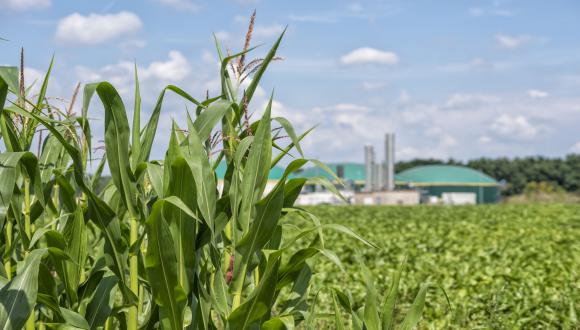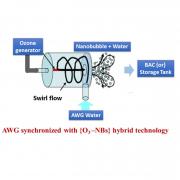Use of AOPs for pre-treatment of lignocellulosic biomass for bioethanol production
Biofuels in general and ethanol in particular may have many advantages over fossil fuels. As a consequence, there is a constant search for better methods of biomass conversion. To date, industrial production of fuels from biomass has focused on specially grown crops, but this practice carries with it a host of problematic issues. Therefore, there is increasing interest in the production of such fuels from lignocellulosic waste, such as agricultural wastes. Such wastes are very rich in cellulose that can be fermented to ethanol after proper pretreatment (i.e. saccharification). Nevertheless, one problem of using such waste is the presence of high concentrations of lignin that inhibit enzymatic conversion of the cellulose to sugars. The aim of this project is to test the use of various advanced oxidation processes (AOPs) to degrade the lignin using various wastes. The effects of these catalytic processes on saccharification and fermentation are currently being evaluated. Results showed that ozonation of model phenolic compound results in three phase kinetics; while the first phase transition after mild ozonation is sufficient for maximal enzymatic activity. These results have tremendous implications advancing the current knowledge and application of preozonation of agriculture waste on bioethanol production from waste. We are currently writing a paper based on these exciting new results. In the current phase we are investigating ozonation of newspaper, oil mill waste, banana and other agriculture waste for bioethanol production.





